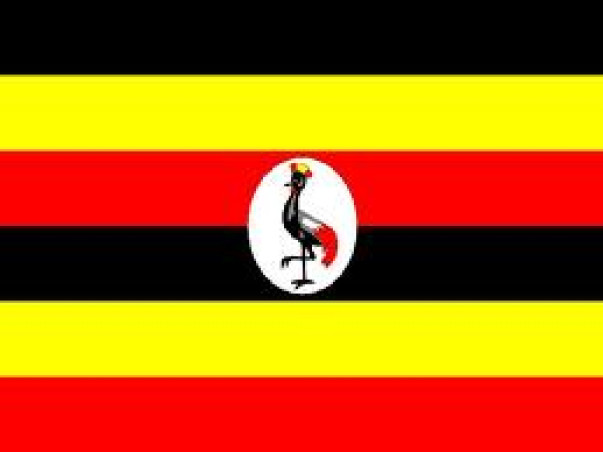Uganda:Experts call for digital transactions to fight money laundering

Wilfred Sanya
Digital transactions ease the tracking of financial sources which aids efforts to curb money laundering - Financial expert.
Government has been urged to amend the Anti-Money Laundering Act to limit cash transactions and promote digital transactions.
A financial Intelligence expert, Samuel Wandera, who also doubles as the Director of International Relations and strategic Financial Intelligence Authority says, the move will ease tracking of financial sources to curb money laundering.
‘’If you travelled outside Uganda, few people accommodate cash transactions for fear of not knowing its financial source.” Wandera said during a meeting with local government officials and stakeholders on money laundering at the Civil Service College in Jinja.
He also cited the challenge of Uganda’s porous borders through which foreigners carrying large sums of money can easily access the country, increasing the risk of money laundering and terrorism financing.
“Financial records of transactions made should be kept up to 10 years to be verified by FIA. If nobody takes charge of monitoring money laundering, the security of our country can be destabilized by terrorists.” Wandera noted.
Tax evasion, high rates of corruption and more counterfeit products were also cited as outcomes of money laundering, from which proceeds are injected into real estates, an industry Wandera says, should be monitored too.
The Deputy Executive Director of FIA, Tukei Olupot, who represented the FIA Executive Director stressed that its mandatory for countries signatory to the United Nations (UN) to fight money laundering as a way of fighting terrorism.
“We need to cut off the supply of the victims once they are imprisoned, even their sources should be followed. By curbing down their sources we shall eliminate crime in our society.” Tukei said.
Nathan Kitakule who represented the Chief Administrative Officer of Jinja district revealed that starting up NGOs is allegedly becoming another avenue for unemployed youth to engage in money laundering, increasing the risk of involvement in terrorism acts.
Over 13,000 NGOs are registered in Uganda today but only 3000 are actively operating. Tukei Olupot stressed that a number of these NGOs lack significant capacity issues and money laundering awareness.
Ever since government launched the Anti-Money Laundering Act in 2014, Uganda was struck off the list of risk countries around the World.
According to the FINSCOPE Survey of 2013, 85% of the adults in Uganda have access to and use financial services.
The survey also shows that the share of access to formal service increased from 28% in 2013 to 54% in 2019 due to the use of mobile money.
SOURCE: NEW VISION
 Africas leading resource for digital financial services
Africas leading resource for digital financial services


comments